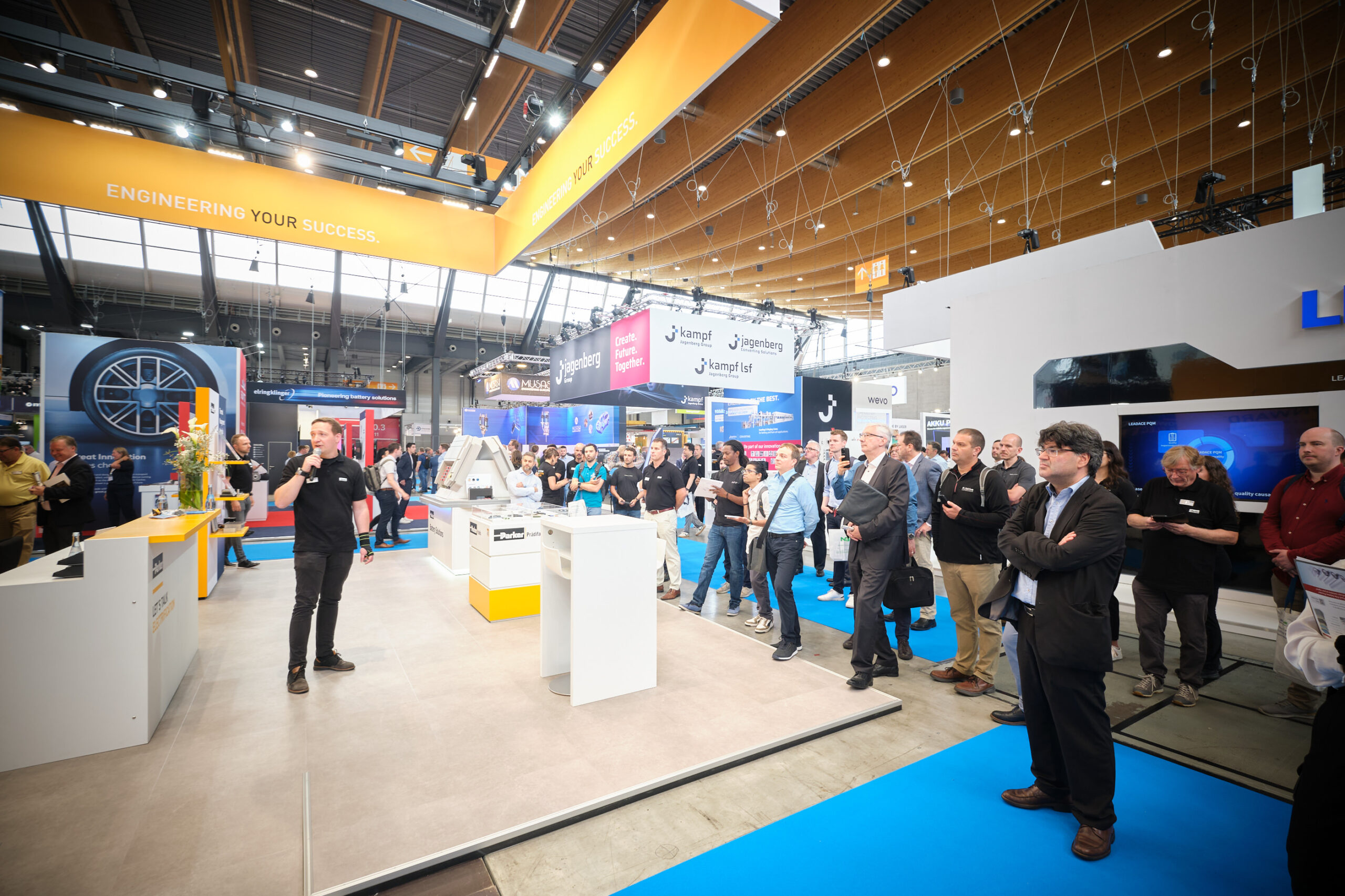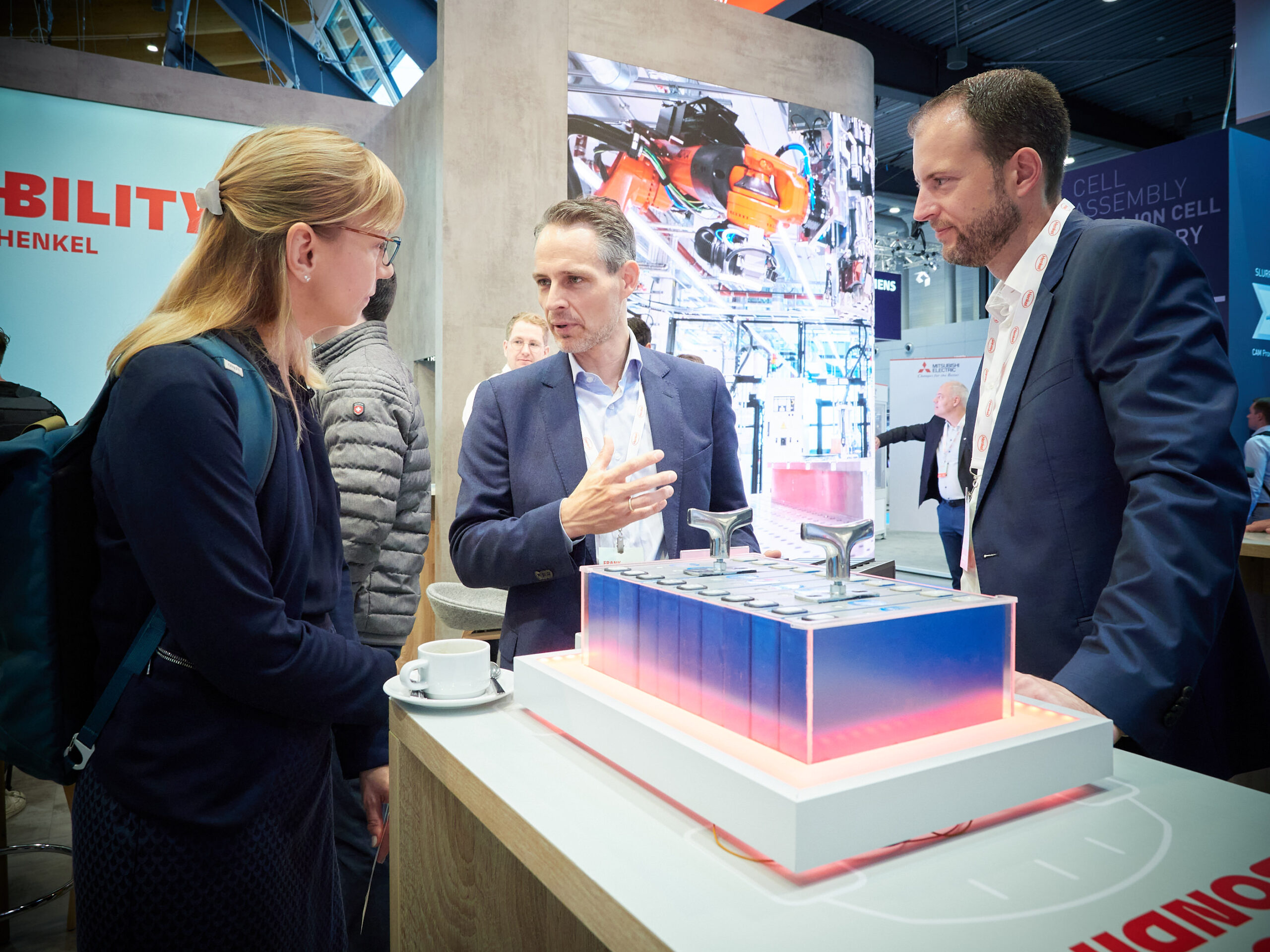
Did you know that electric vehicles (EVs) are projected to account for 30% of global vehicle sales by 2030? This staggering statistic underscores the rapid growth and significance of electric vehicle components in today’s automotive industry. As we embrace this technological revolution, understanding the legal frameworks surrounding these components becomes crucial.
The Legal Framework Surrounding Electric Vehicle Components

Electric vehicle components encompass a range of parts including batteries, charging systems, and power electronics. Each component is subject to various regulations aimed at ensuring safety, performance, and environmental sustainability. The legal attributes associated with these components often intersect with Environmental Law, as manufacturers must comply with standards that minimize ecological impact while promoting innovation in clean technology. Compliance not only fosters consumer trust but also aligns businesses with governmental policies aimed at reducing carbon footprints.
Internet Fraud Prevention within Environmental Law Context for Electric Vehicle Components
As electric vehicles gain traction in the market, so does the risk of internet fraud targeting both consumers and manufacturers alike. In an era where online transactions dominate purchasing behaviors, it is imperative to implement robust internet fraud prevention measures tailored specifically for EV-related products. These measures align closely with Environmental Law by ensuring that companies maintain transparency about their sustainable practices and product origins—ultimately protecting consumers from deceptive claims regarding eco-friendliness or compliance certifications.
The Battery Show: A Key Player in Environmental Law Compliance
The Battery Show serves as a pivotal platform showcasing advancements in battery technology while emphasizing adherence to Environmental Law through several key features:
- Sustainability Standards: Exhibitors are encouraged to demonstrate compliance with international sustainability standards such as ISO 14001.
- Circular Economy Practices: Discussions focus on recycling initiatives and responsible sourcing of materials used in battery production.
- Innovation Showcase: New technologies presented often highlight reduced environmental impacts compared to traditional manufacturing processes.
- User Education: Workshops educate attendees on regulatory requirements affecting battery disposal and lifecycle management under current laws.
- Pioneering Research Collaborations: Partnerships between academia and industry aim at developing cleaner technologies aligned with evolving legislative frameworks.
A Concluding Perspective on Electric Vehicle Components within Environmental Law
The intersection of electric vehicle components and Environmental Law presents both challenges and opportunities for stakeholders across the automotive sector. By adhering to established regulations while fostering innovation, businesses can contribute significantly towards a more sustainable future. Understanding these legal attributes not only enhances corporate responsibility but also positions companies favorably within an increasingly environmentally-conscious marketplace.
